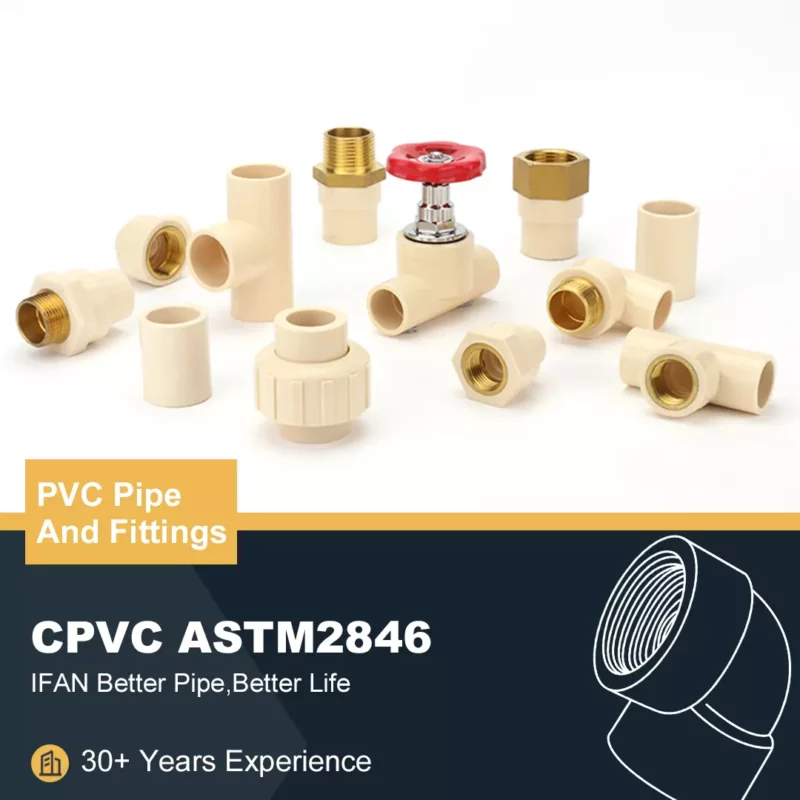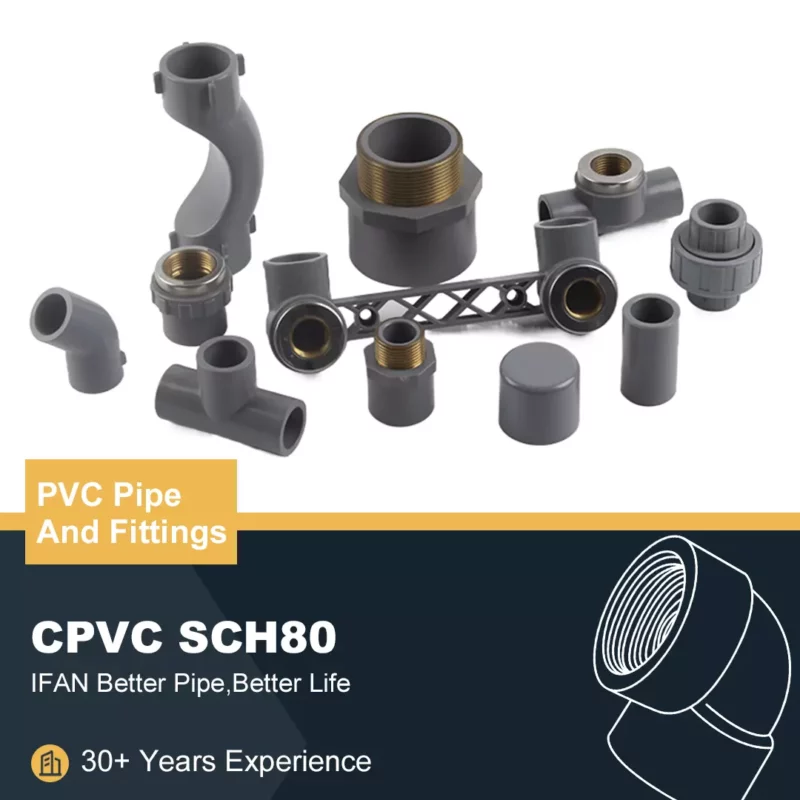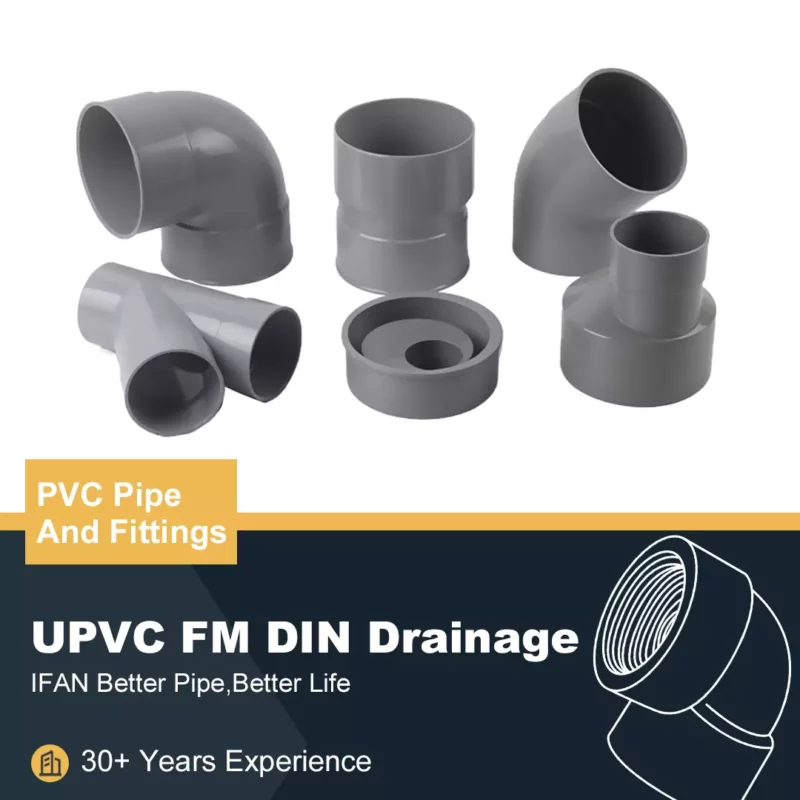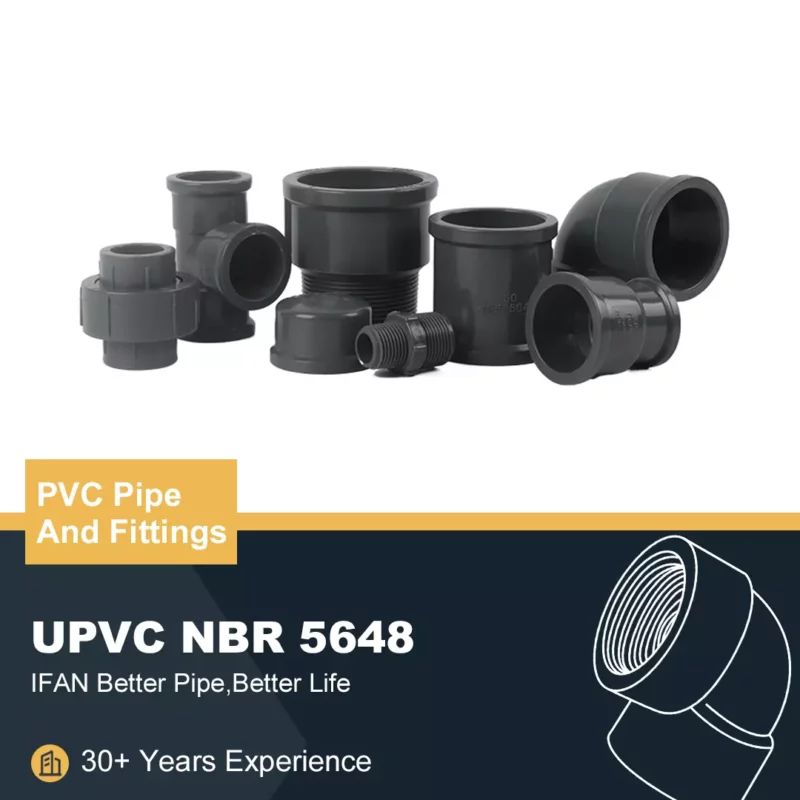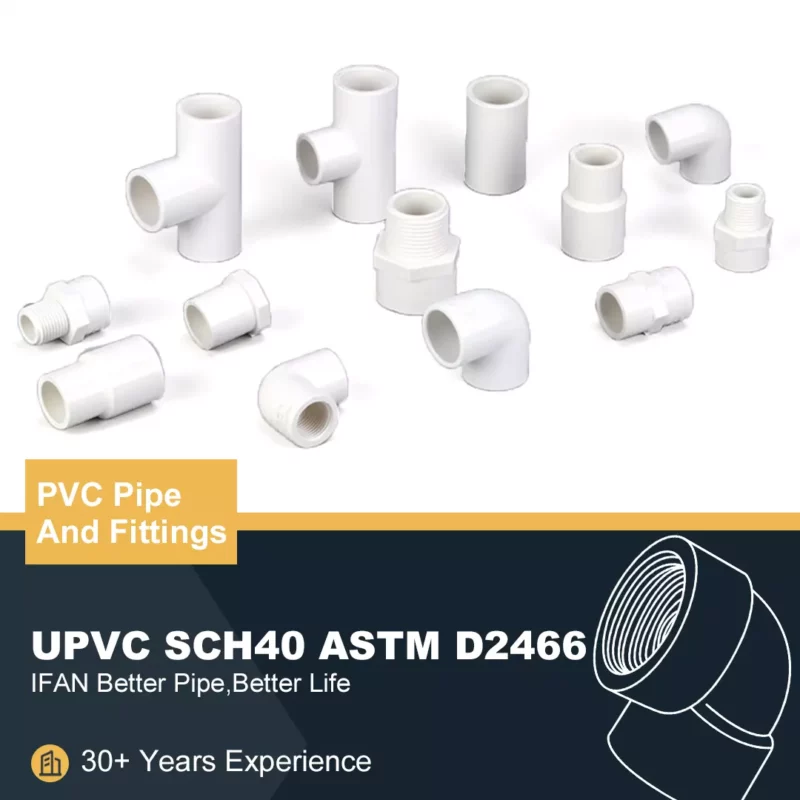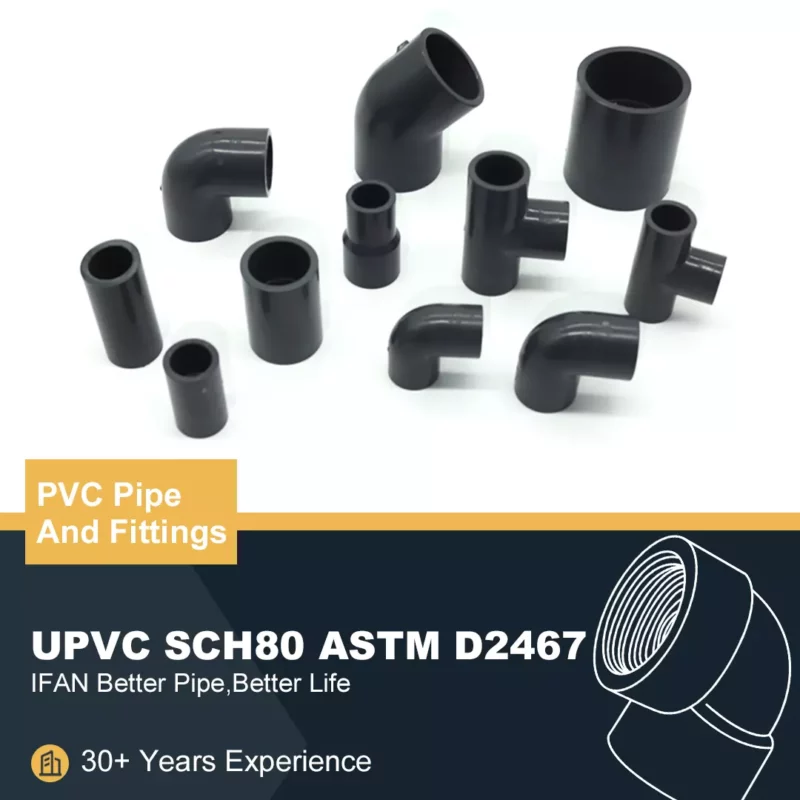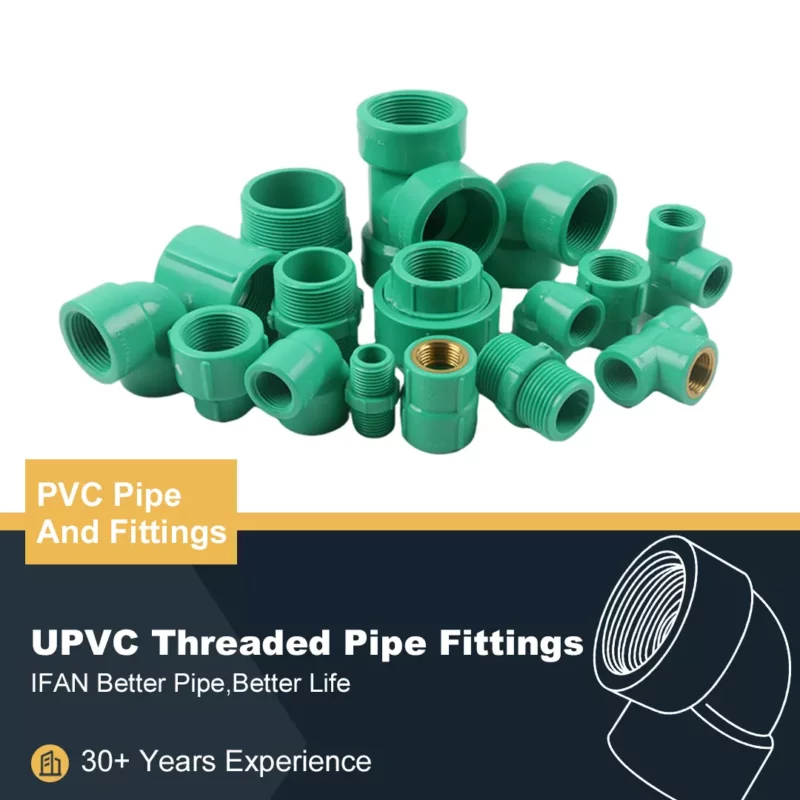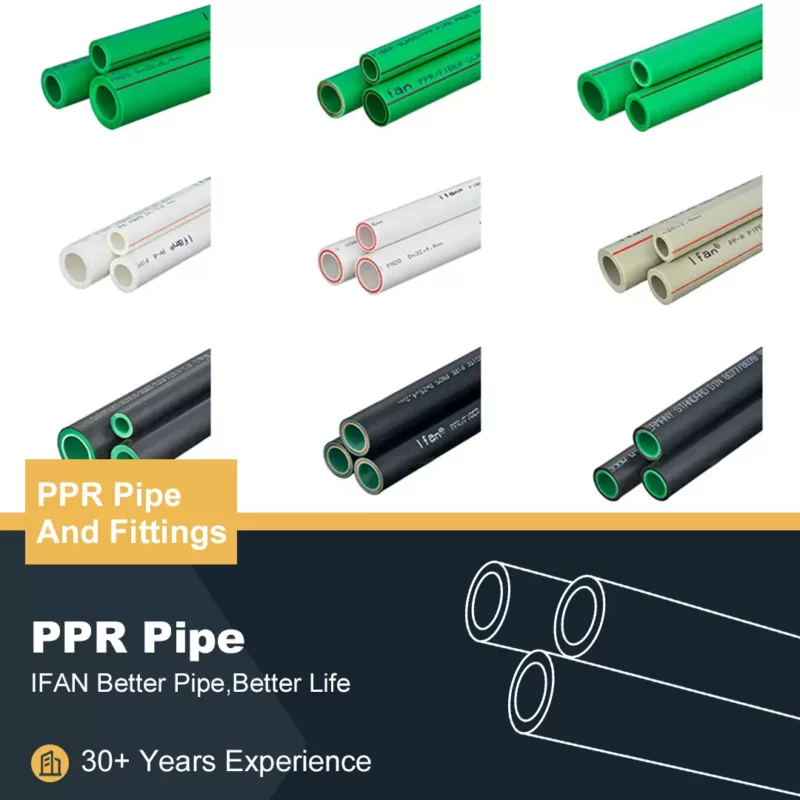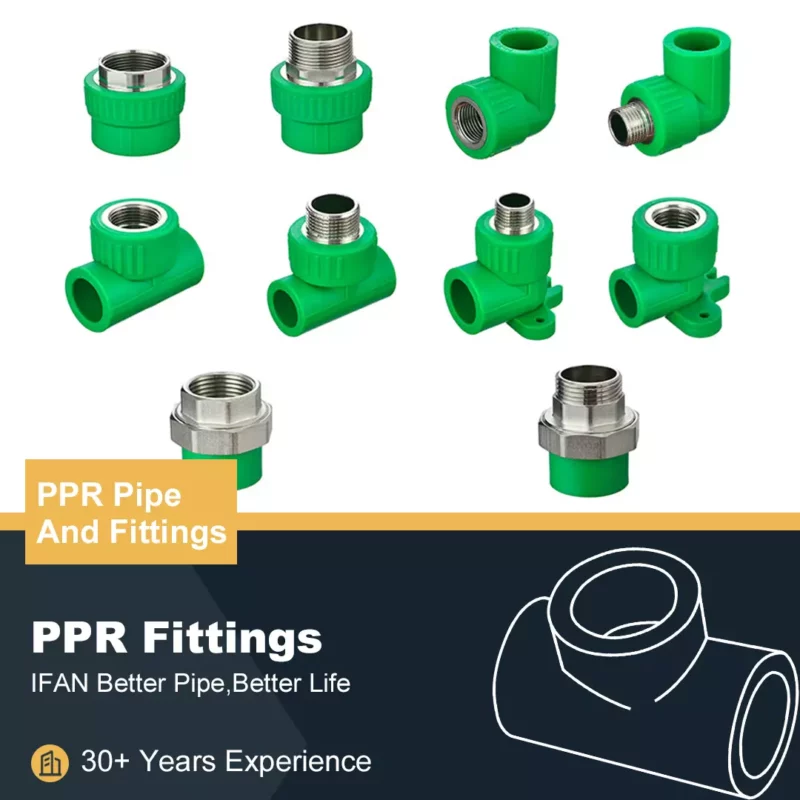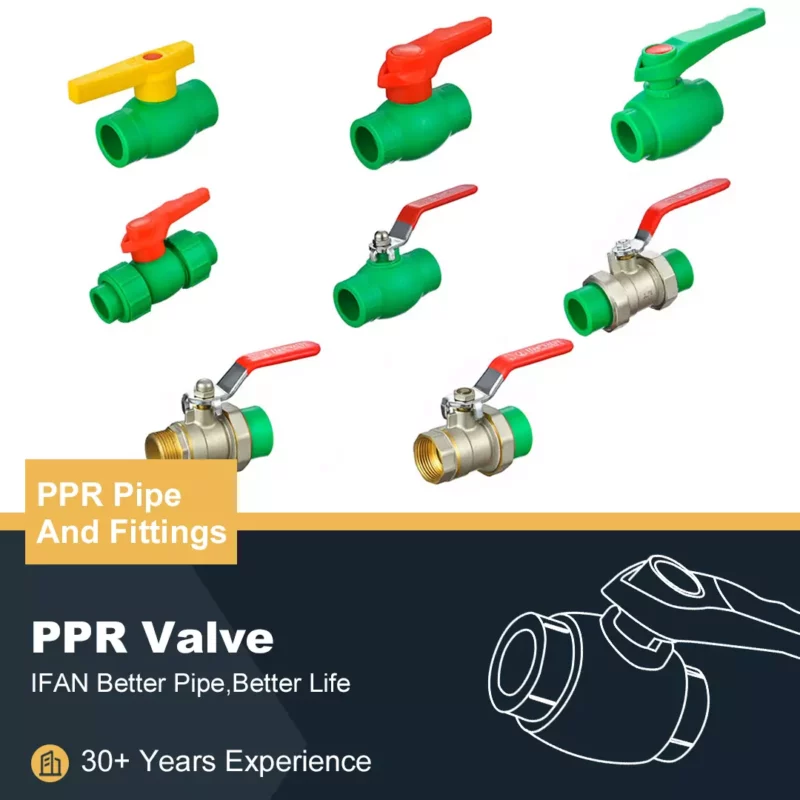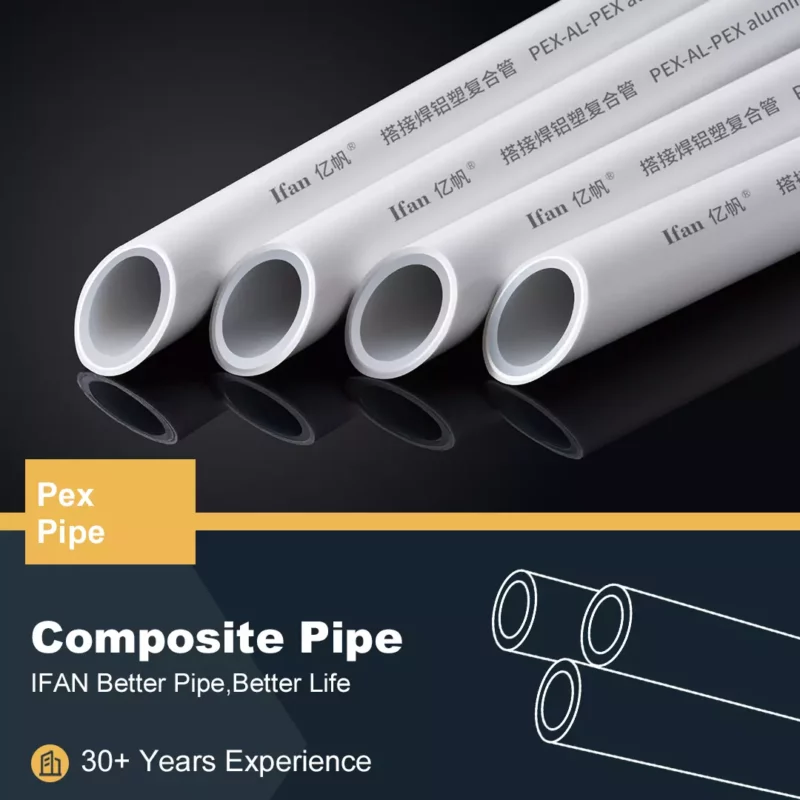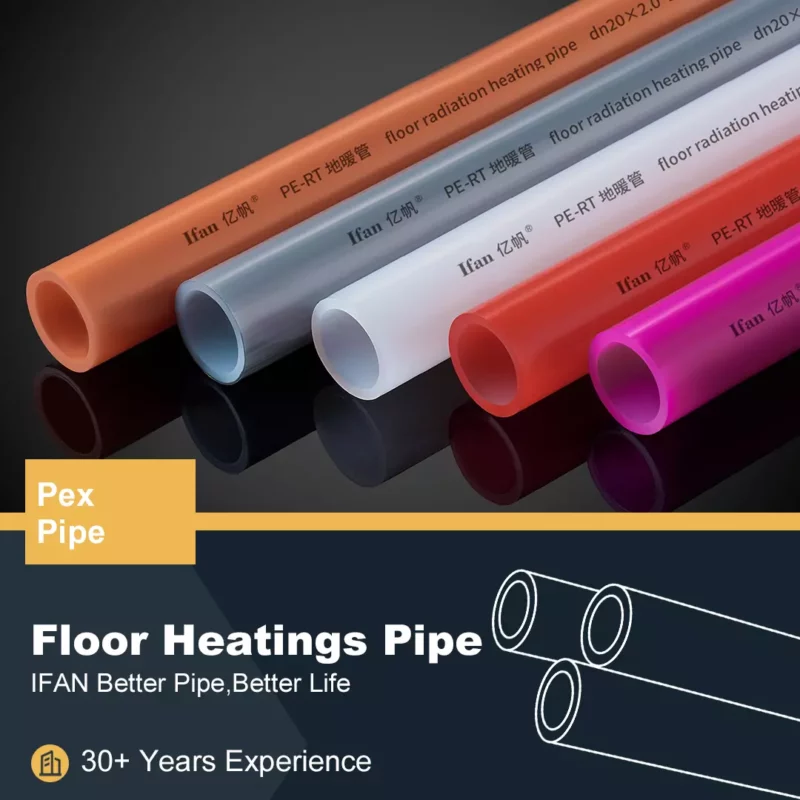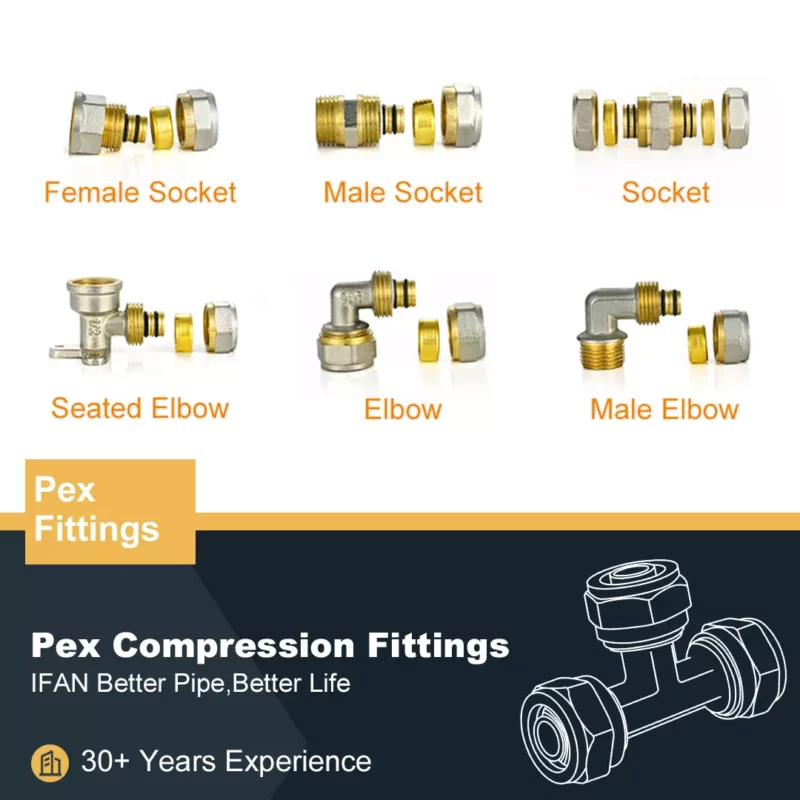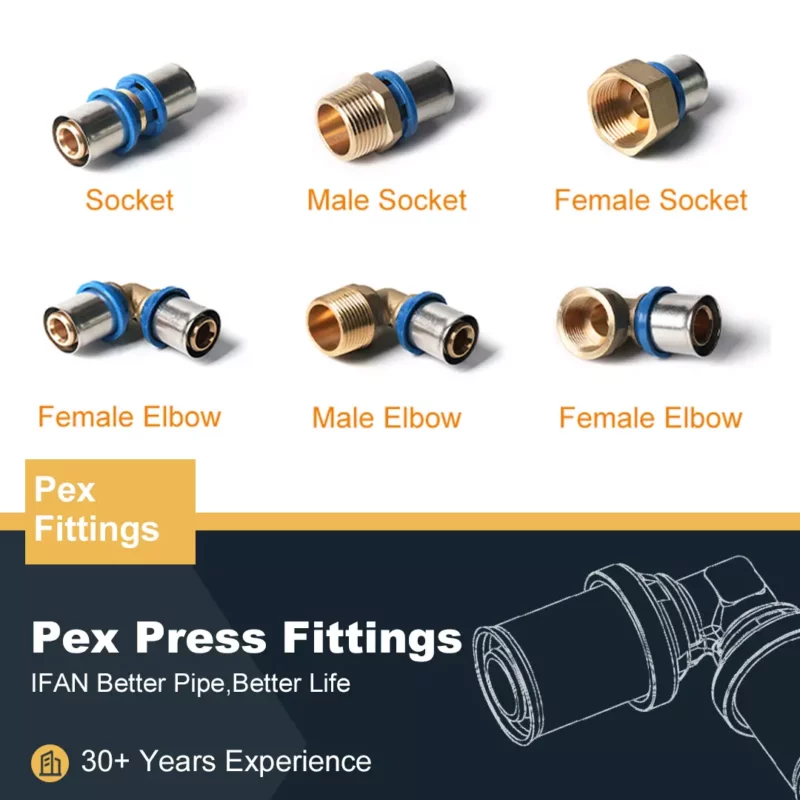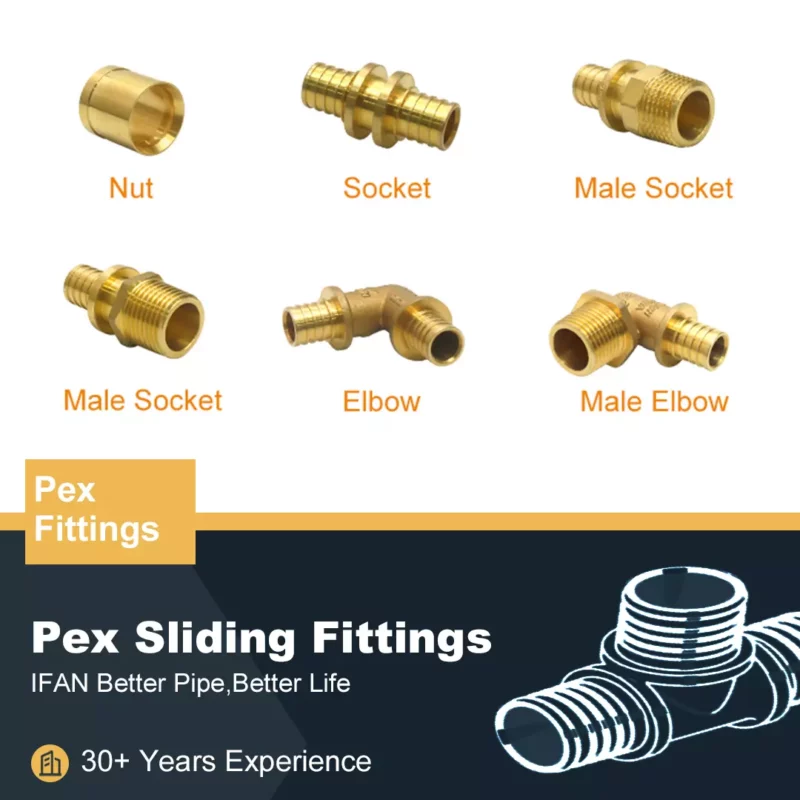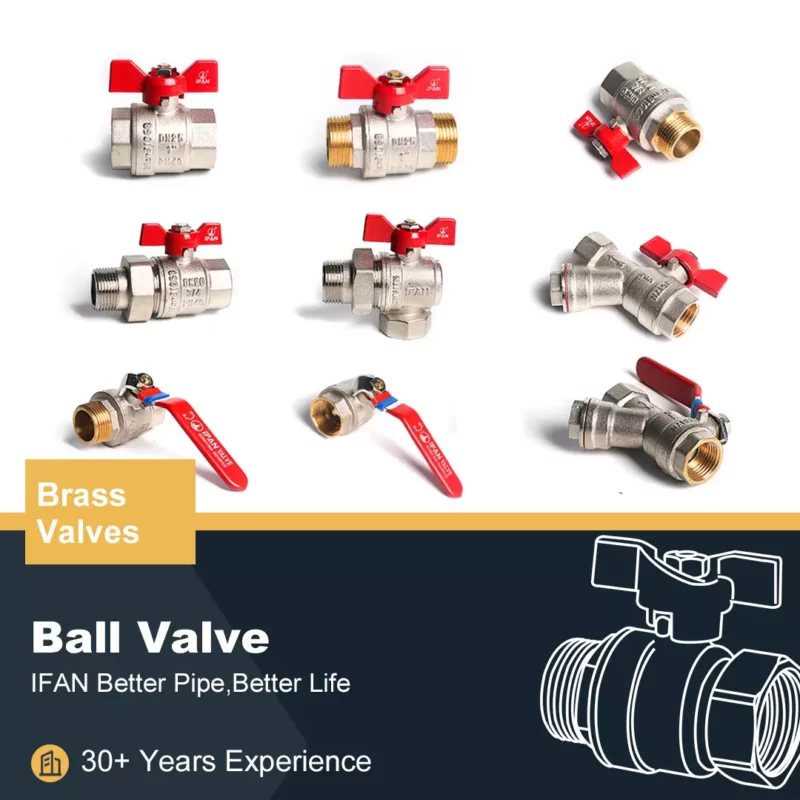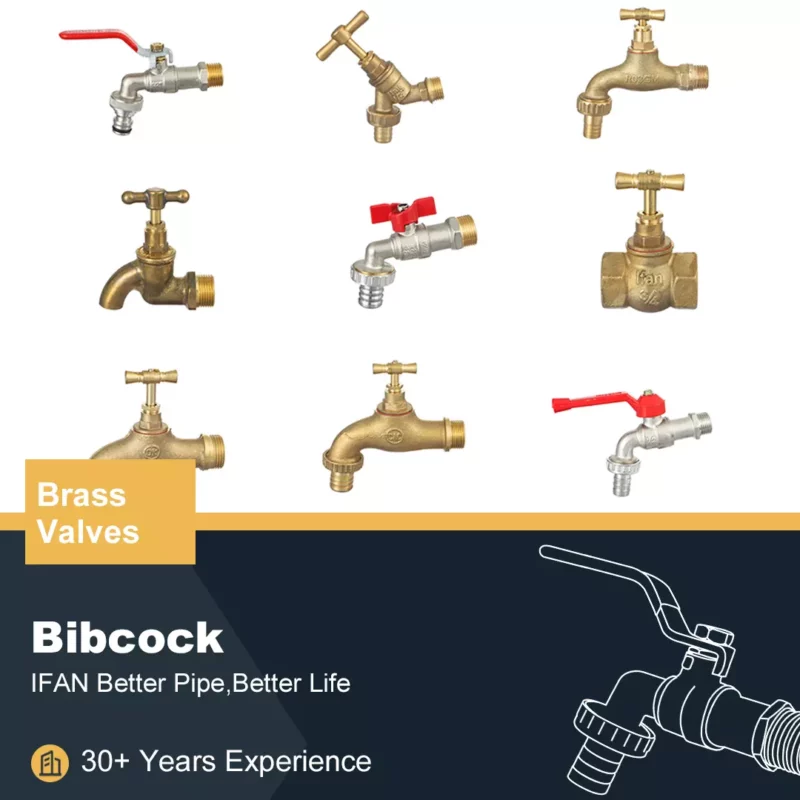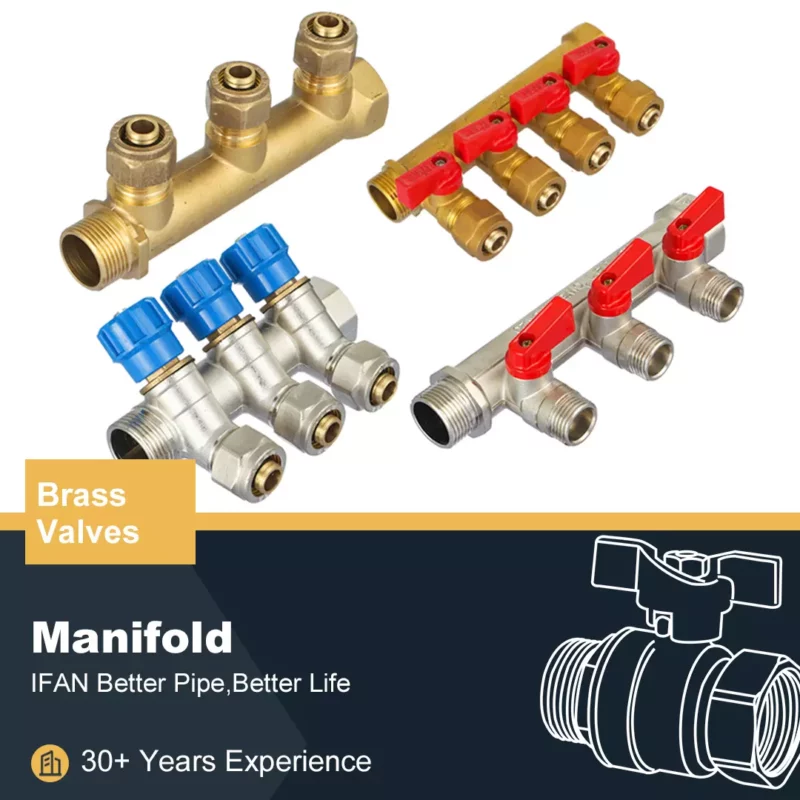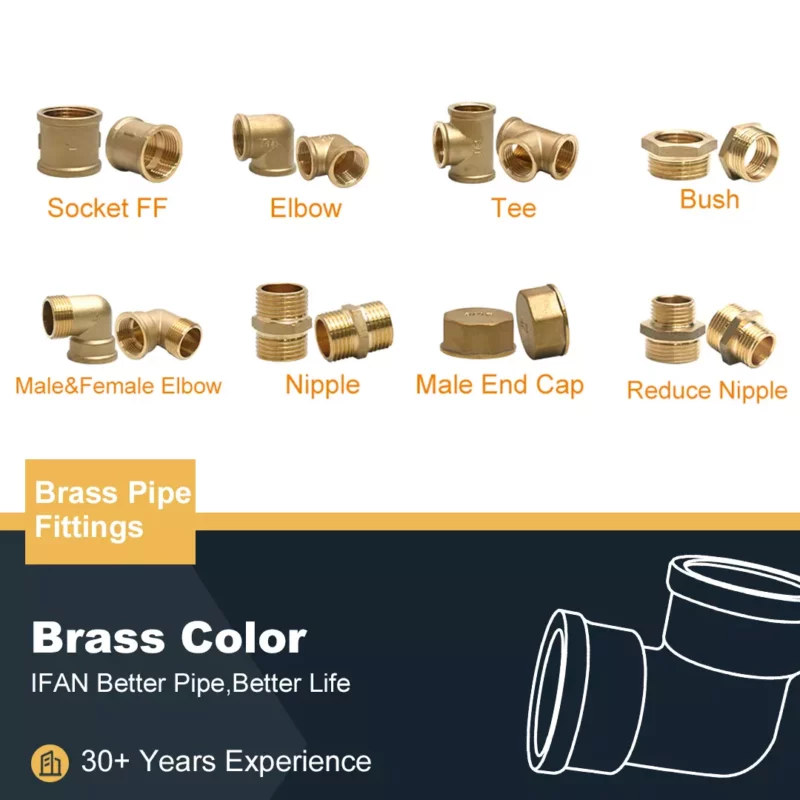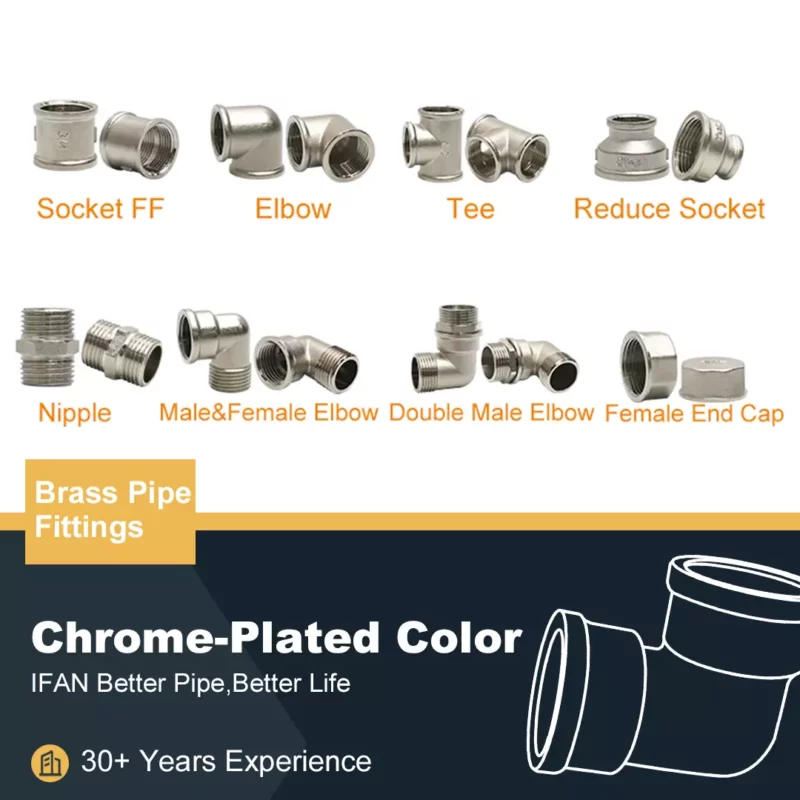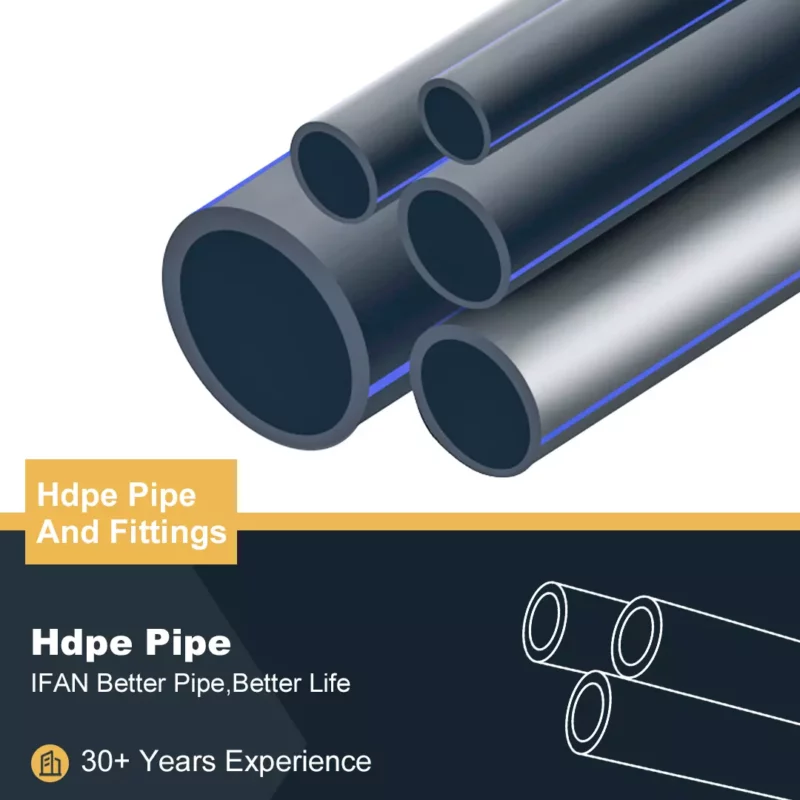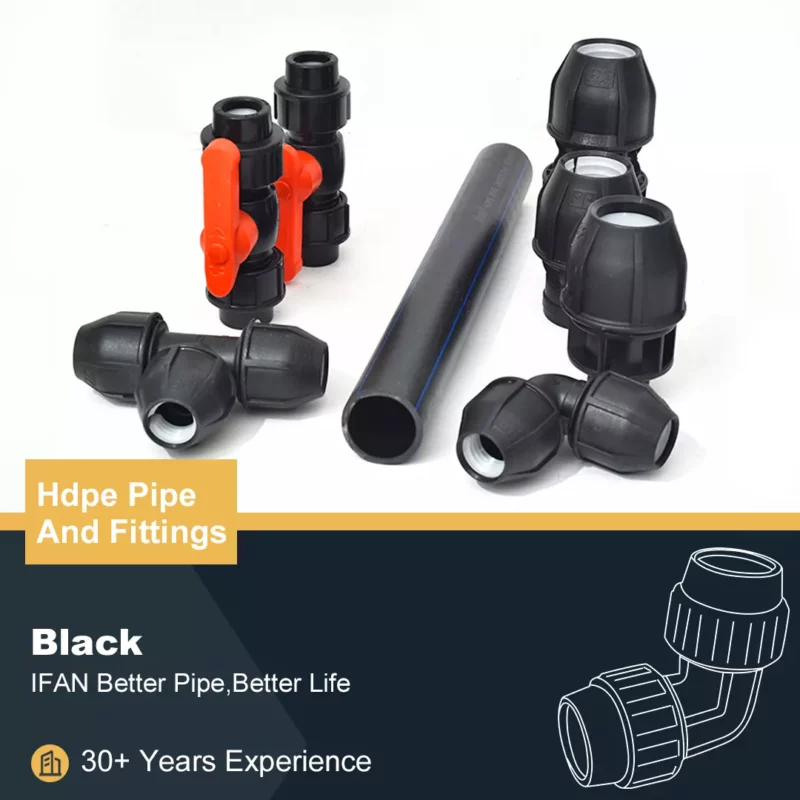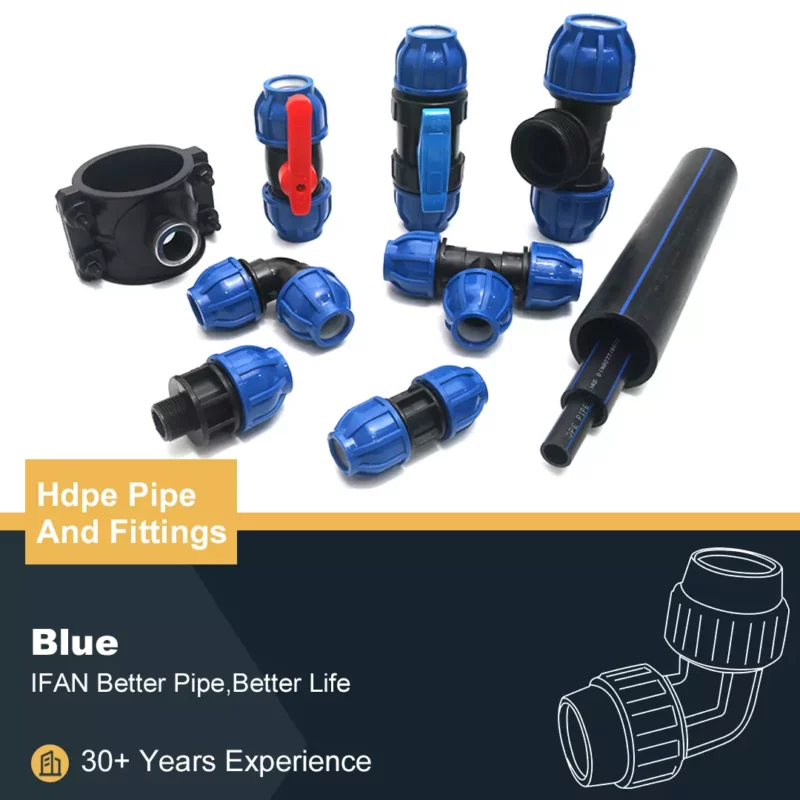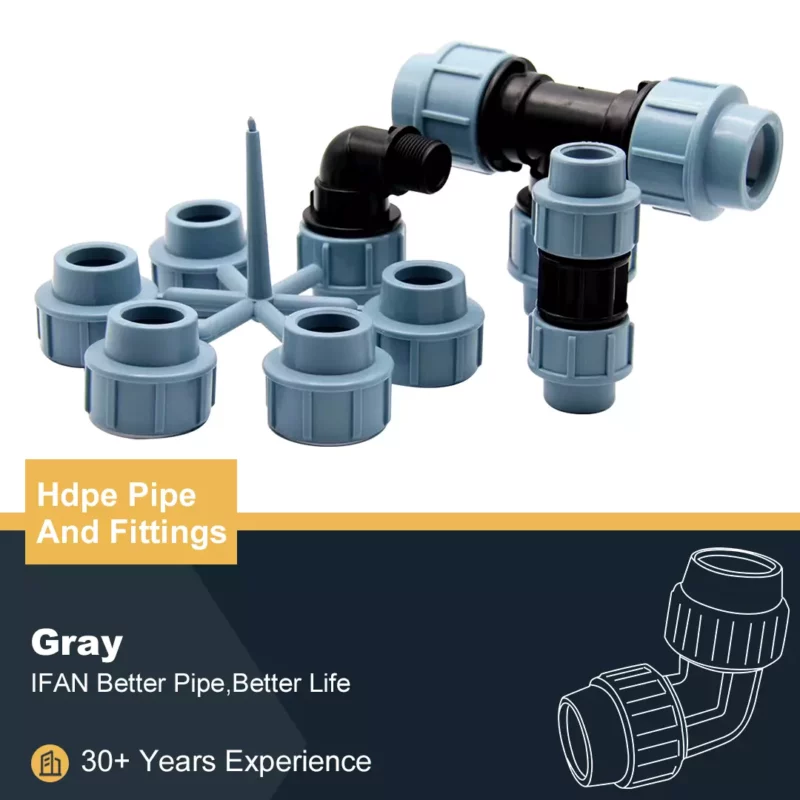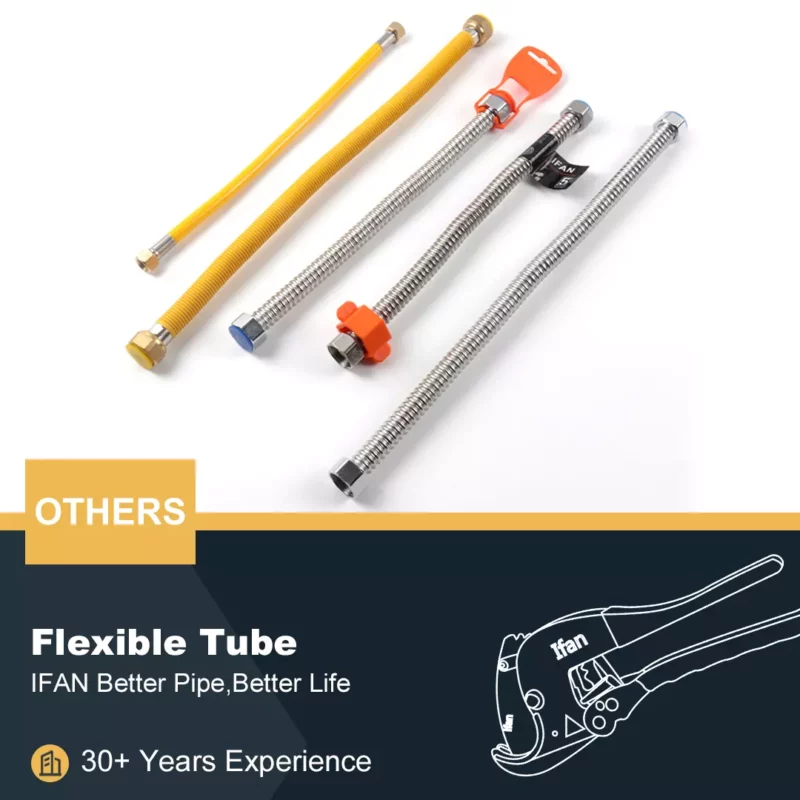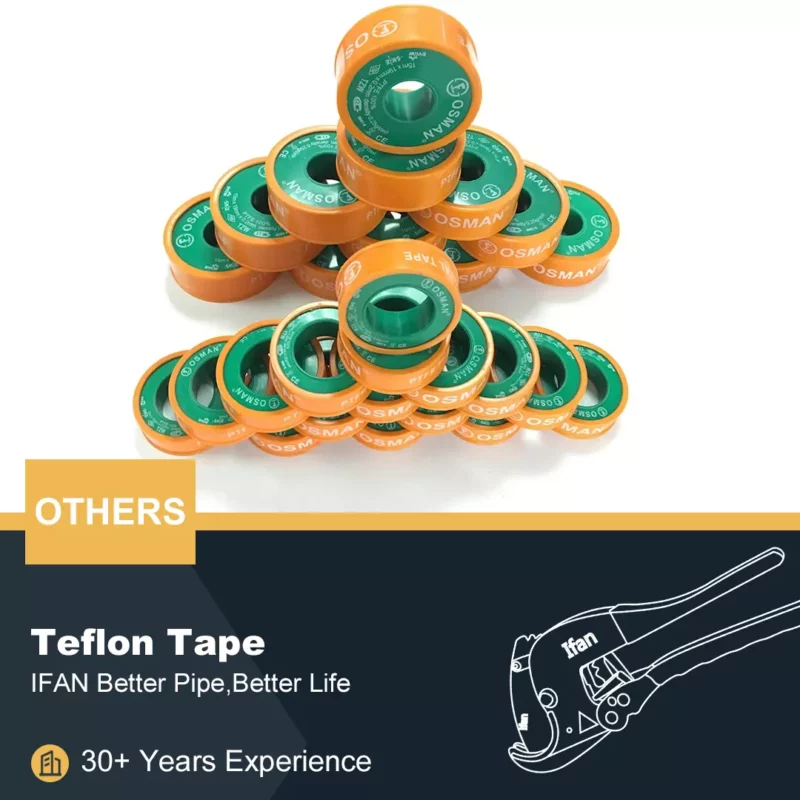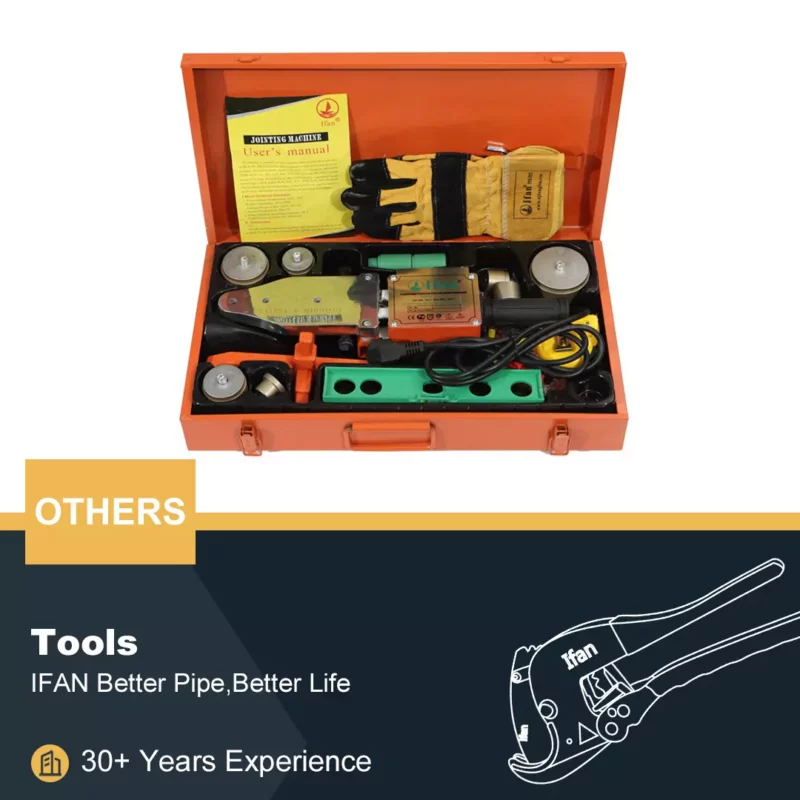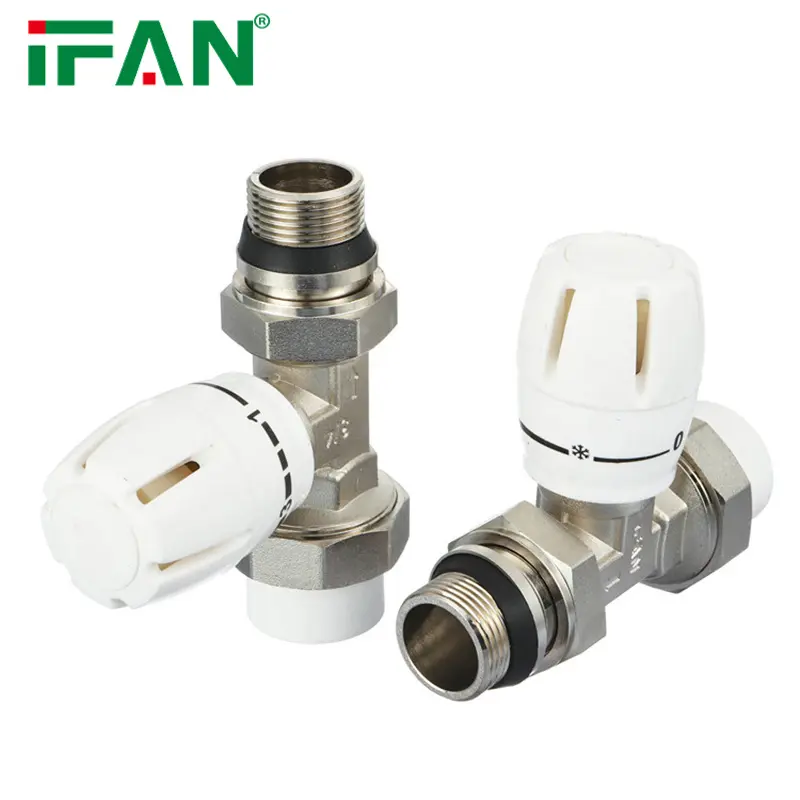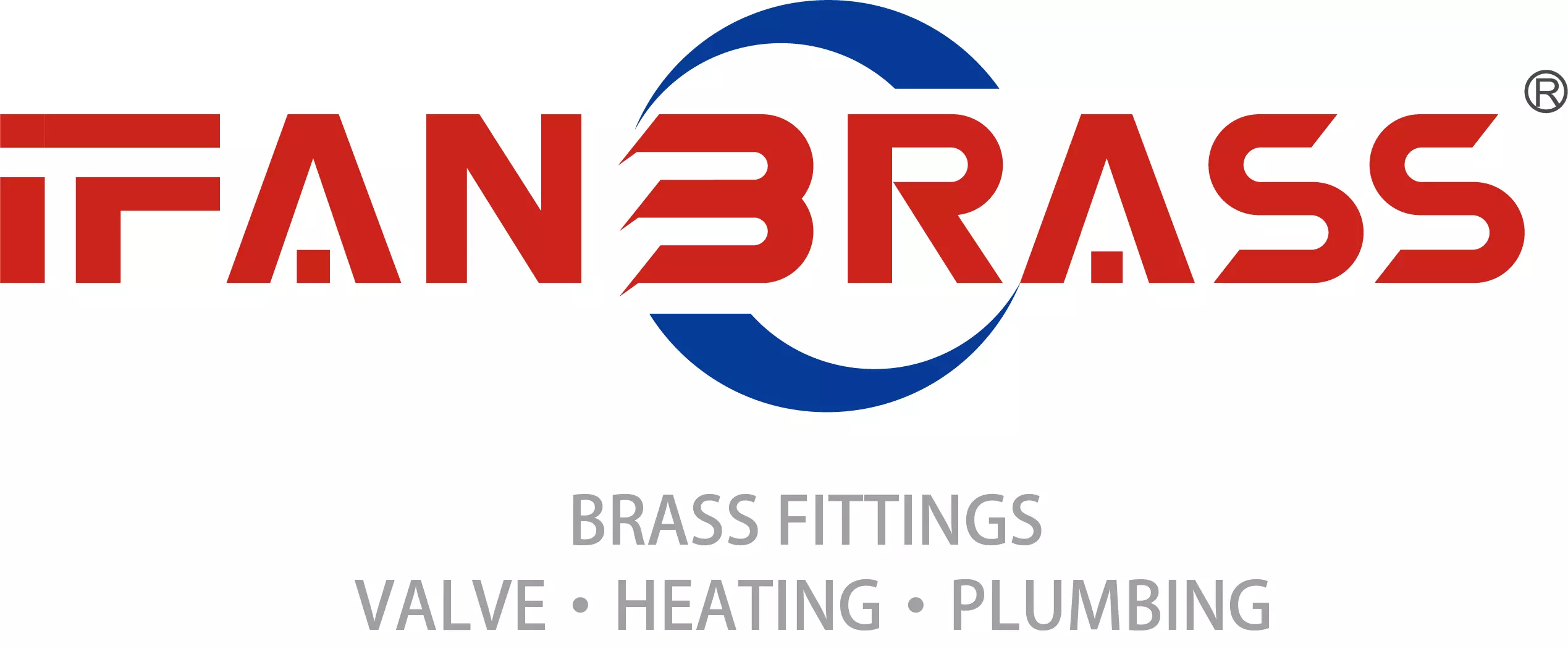Brass radiator valve are essential components in heating systems, providing control and regulation of hot water flow.
Overview of Brass Radiator Valves:
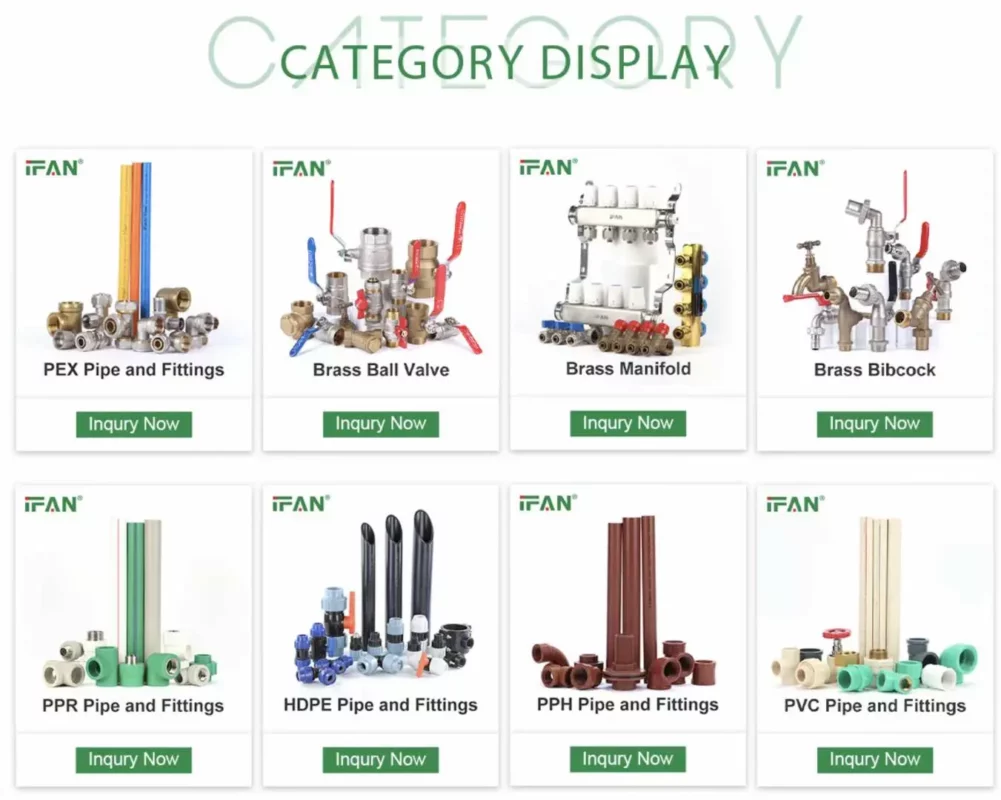
1.Functionality:
Brass radiator valve regulate the flow of hot water into radiators, controlling room temperature for comfort.
2.Material Composition:
These valves are typically made of high-quality brass, known for its durability and corrosion resistance.
3.Types of Valves:
Brass radiator valve come in various types, including thermostatic, manual, angled, and straight valves, catering to different installation needs.
4.Compatibility:
They are compatible with a wide range of radiator types and heating systems, offering versatility in application.
5.Design and Finish:
Brass radiator valves come in a variety of designs and finishes, allowing for aesthetic coordination with room decor.
Advantages of Brass Radiator Valves:
1.Durability:
The robust construction of brass radiator valves ensures long-term durability and reliability in heating systems.
2.Corrosion Resistance:
Brass material offers excellent resistance to corrosion, prolonging the lifespan of radiator valves even in harsh environments.
3.Precise Control:
Thermostatic brass radiator valves provide precise temperature control, optimizing energy efficiency and comfort levels.
4.Easy Installation:
Brass radiator valves are designed for straightforward installation, making them accessible for both professionals and DIY enthusiasts.
5.Low Maintenance:
With minimal moving parts and sturdy construction, brass radiator valves require little maintenance, reducing overall costs.
Installation and Maintenance Guidelines:
1.Proper Sizing
Select brass radiator valves of the appropriate size to ensure compatibility with radiator connections and heating system specifications.
2.Thread Sealant:
Apply thread sealant to valve connections during installation to prevent leaks and ensure a secure seal.
3.Positioning:
Install radiator valves in a suitable position for easy access and optimal temperature regulation within the room.
4.Regular Inspection:
Periodically inspect brass radiator valves for signs of leaks, corrosion, or malfunction, and address any issues promptly.
5.Cleaning:
Clean brass radiator valves regularly to remove dust, debris, or buildup, maintaining their functionality and appearance.
Conclusion
Brass radiator valves are indispensable components in heating systems, offering precise control, durability, and compatibility. By understanding their features, advantages, and proper installation techniques, users can effectively utilize brass radiator valves for efficient and reliable heating solutions.
If you have read this article and have any questions, please feel free to contact IFAN. Below is our contact information:
Whatsapp:+86 13373827623
Email:[email protected]

